reproduction
Professor Pedro Pinto de Oliveira, of the Federal University of Mato Grosso (UFMT), and Professor Caterina Cuchinota, of the Universidad Nova de Lisbon, participated this month in the second Campo Aberto – Conversations on Essay and Art, and the event organizes talks on various test concerns in live broadcast (Between Portugal and Brazil), with transmission via Youtube.
The international science event, which has been taking place since October 5th, is part of the SEE – On Essays and Essays research project, a partnership between researchers from Nova FCSH, the University of Lisbon’s School of Fine Arts, UFRJ and PUC-River. Oliveira and Cusinota are scheduled to participate on November 19.
On that occasion, researchers will discuss audiovisual as a new way to communicate the findings of science. During the first Campo Aperto course, Professor Caterina had the opportunity to share the experience of compiling 12 years of academic research into an audiovisual essay with the participants.
“Using audiovisual aids to communicate science is not just about audiovisual sciences, but science in general. So, I think my experience might be great for everyone because it was actually the first time I submitted a video essay, which, as you can see, was a summary of my investigation over the course of The past 12 years. It has become clear how we can, through audio-visual means, in five minutes sum up the years and years and see all this in the views in an accessible way,” he says.
Writing that brings together the symbolic systems of science, art, cinema and audiovisual
On the other hand, Professor Pedro Pinto de Oliveira asserts that the audiovisual article is a new way of approaching the contents of science and communicating with its peers and students. He also stresses that the essay should not be viewed as a unique and independent form, nor as traditional writing, but as a mixture of different audio-visual genres, without affecting the scholarly character of its contents.
“Professor Delicio Moreira and I, also from the UFMT, and I have been developing reflections and experiments on scholarly audiovisual articles since 2015. Writing that brings together the symbolic systems of science, art, film, and audiovisual. The experience begins with the word: the verbal essay is an out-of-film rule incorporated into the editing process, which involves adapting the word to the flexibility of the images that make up scholarly discourse. This does not mean that an audiovisual article cannot also be developed from an original text,” he says.
disclosure
More about the event
The course consists of nine sessions held every Tuesday. It started on October 5th and ends on November 23, 2021, at 1:30 PM (MT) / 6:30 PM (Portugal). A lecture by Pedro Pinto de Oliveira and Caterina Cuchinota is scheduled for November 19. Access can be done via is the link.
Researchers
Katrina Cochinota He holds a Master’s degree in Art Studies from the Faculty of Arts at the University of Palermo (Bachelor of 2003) and Bologna (Master of 2006).
PhD in Communication Sciences in Cinema at the Faculty of Social Sciences and Humanities at NOVA de Lisboa in 2015. The thesis was published in a book in 2018 entitled: “Journey to the cinema through your clothes” (2018).
She has been invited as Professor in the Faculties of Art at the University of Lisbon, Inner Pera in the subjects of Portuguese Film, History and Aesthetics of Portuguese Film and also at La Sapienza University in Rome on the subject “Clothes on Film”.
As an integrated researcher at NOVA FCSH’s IHC, she has developed a postdoctoral project “Fashion and Spatial Texture: Design and Art in Portuguese Cinema for the Past Fifty Years”.
She is the CIP Group Coordinator – Culture, Identities and Power – at Nova de Lisboa IHC, and this year she was an assistant professor at Rey Juan Carlos de Madrid University.
She works on the physical subjects of cinema, in a context that incorporates fashion and artistic direction into a broader study of cinema through its creative surfaces and processes. And try writing audiovisual academic articles to communicate studies on these film materials.
Pedro Pinto de Oliveira Journalist, Masters in Communication Sciences at the University of the South Pacific, Ph.D. in Communication from UFMG and Postdoctoral in Communication and Arts from the University of Inland Beira (UBI), Portugal. The research develops in two intersections: studies of power tensions and the instability of democracy at the intersection of communication and politics. social and cultural processes based on the concepts of events and public figures; and reflection/experimentation of audiovisual writings such as film journalism and audiovisual science essay – a new way of communicating science findings.
The audiovisual scientific article presented at the second meeting of the Inter-Institutional Network of Events and Public Figures, in May 2019 at UFMG, entitled “The Rural World and Agricultural Policies in Brazil: The Mato Grosso Seed”.
In partnership with Professor Benedito Diélcio Moreira (UFMT), he conducted the audiovisual article New ways of communicating science: the audiovisual science essay experience. Published in July 2019 by Revista de Ensayos Audiovisuales Tecmerin, University of Carlos III – Madrid.
The article was written in February of this year Self-sufficiency in audio-visual scientific writing It was published in the Journal of the Spanish Association for Research in Communication (RAEIC).

“Hardcore beer fanatic. Falls down a lot. Professional coffee fan. Music ninja.”

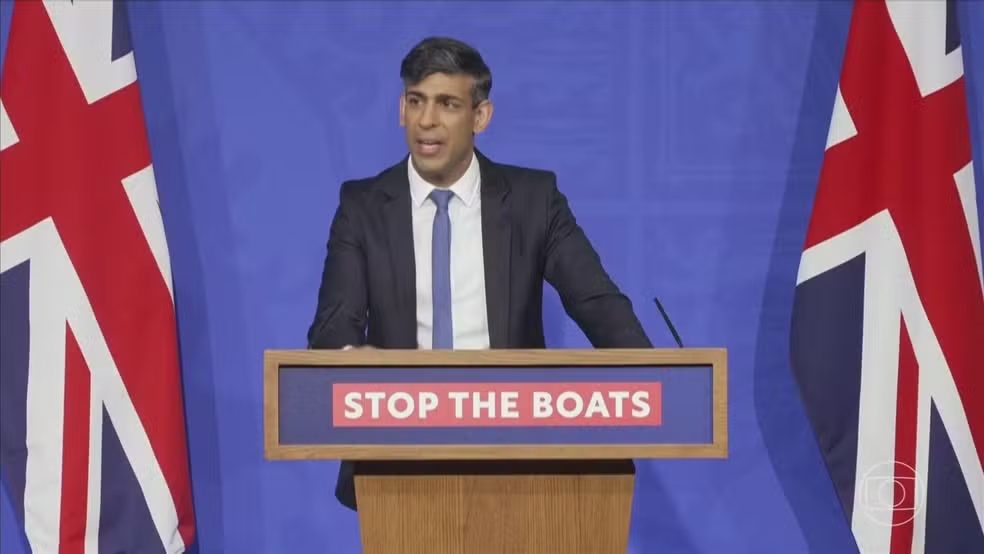
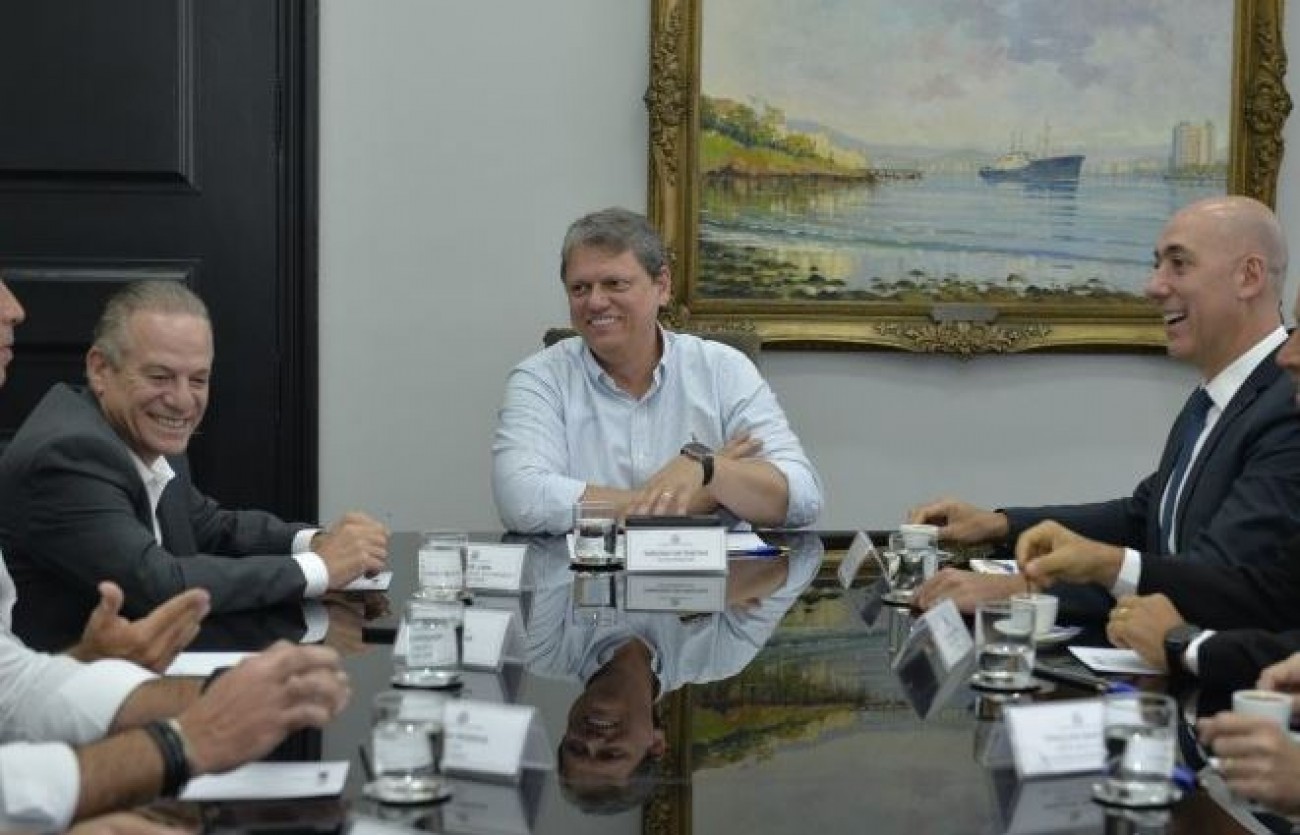
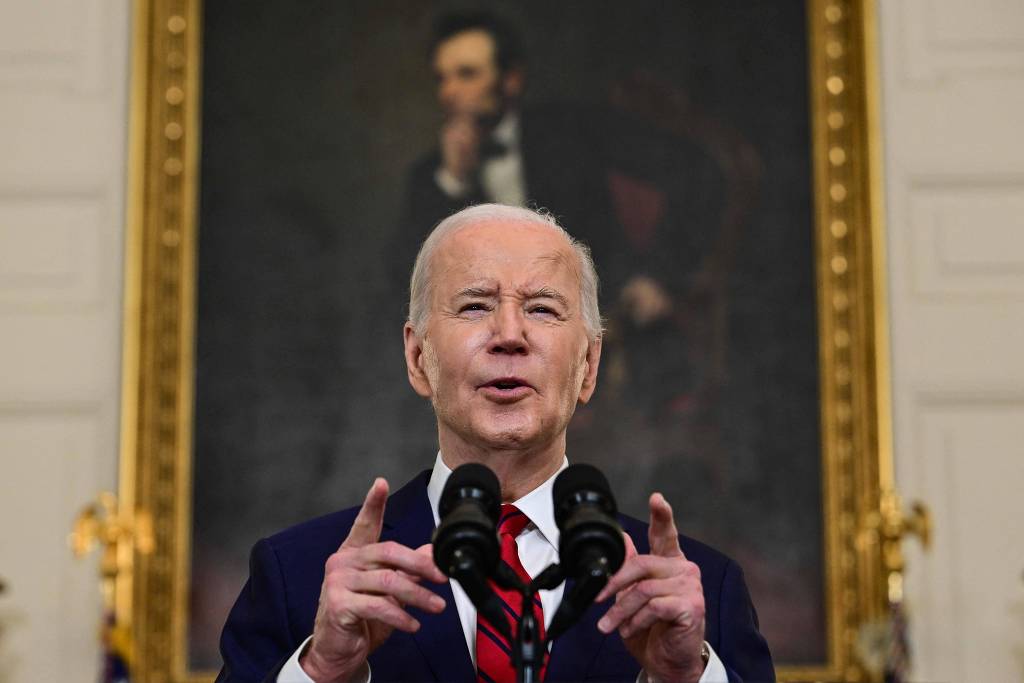
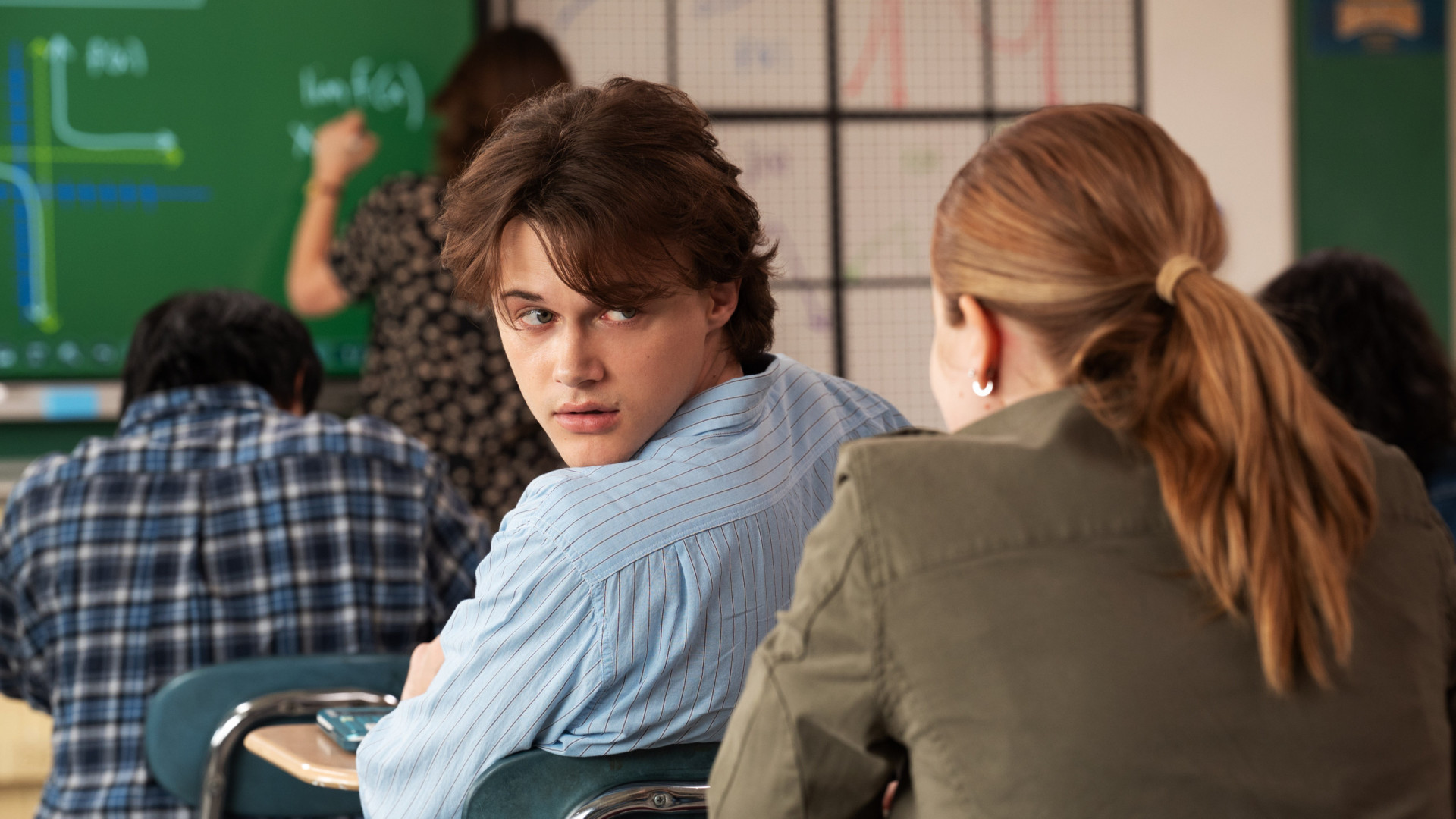
/https://i.s3.glbimg.com/v1/AUTH_bc8228b6673f488aa253bbcb03c80ec5/internal_photos/bs/2024/I/A/y1UC8BSM2QAs1A0POQJw/15.jpg)
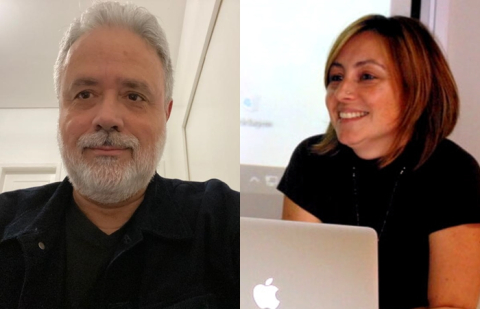
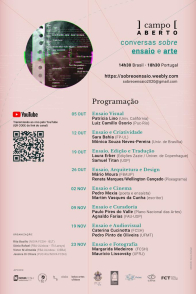
More Stories
Why can't we resist gossip? Science explains!
Genoma SUS is recruiting fellows in the fields of data science and bioinformatics
A study reveals 5 healthy fruits in the world; See what they are